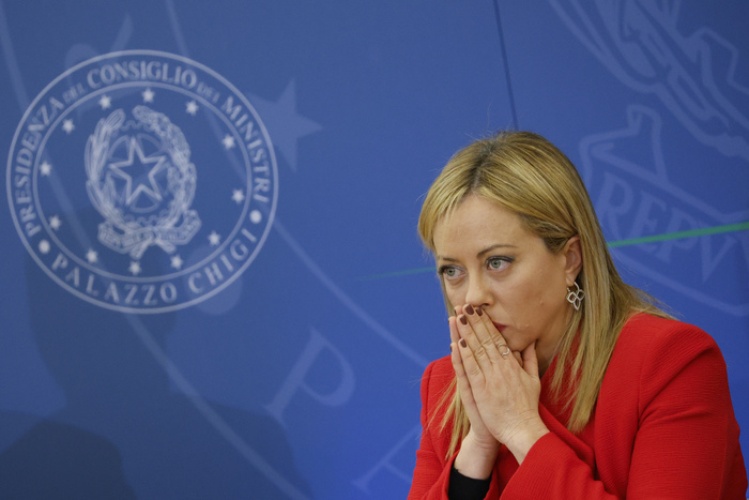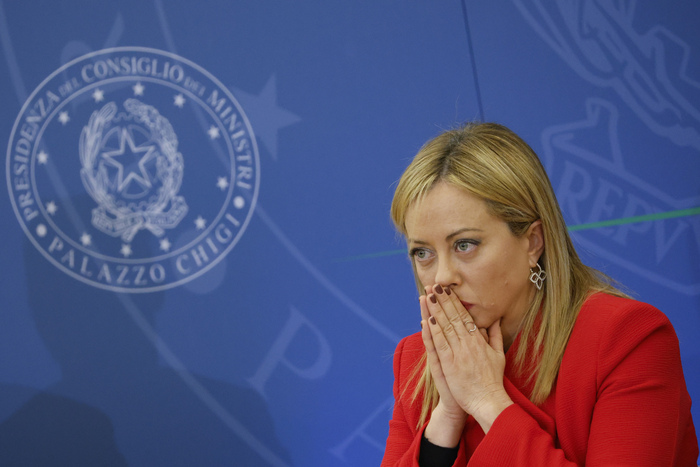The 35-billion-euro budget bill that Premier Giorgia Meloni presented on Thursday features tax cuts for low earners and options to make it easier for Italians to take early retirement.
However the budget’s main focus was on aid to help families and firms cope with soaring energy prices, which the government devoted around 21 billion euro to.
These measures include assistance with electricity bill payments for low-earning households, with the number of beneficiaries increased with respect to the measures passed by the previous government, and bigger tax credits for companies facing soaring energy costs.
The windfall tax on the extraordinary profits of energy companies, meanwhile, has been hiked from 25 per cent to 35 per cent.
The government has binned tax-disputes of up to 1,000 euro for cases that date back to before 2015 as part of a 'fiscal truce', or tax amnesty.
Deputy Economy Minister Maurizio Leo said that people would only pay back the outstanding tax in cases of over 1,000 euro, without penalties or interest, and with the possibility to pay in instalments over five years.
The bill also raises the limit for cash payments from 2,000 euro to 5,000, a measure that has been criticized as potentially favouring tax evasion, a contention the government rejects.
The package cuts income tax for people earning up to 35,000 euro by two percentage points and for those earning less than 20,000, by three points.
"This is the measure in the budget law that cost the most, four billion euro," Meloni told a news conference.
She said this showed it was a priority for the government to "increase the salary of those who have lower incomes."
The package also raises the maximum threshold of the 15 per cent flat tax for the self-employed for those on up to 65,000 euro a year to 85,000.
Around 1.5 billion euro will be devoted to measures supporting families and encouraging people to have babies.
The citizenship-wage minimum-income benefit, however, is set to be abolished for people considered fit for work at the end of next year.
The bill also makes it easier for people to retire early.
It brings in the 'Quota 103' system, which makes it possible for people to start claiming their State pension at the age of 62 if they have 41 years of social-security contributions.











